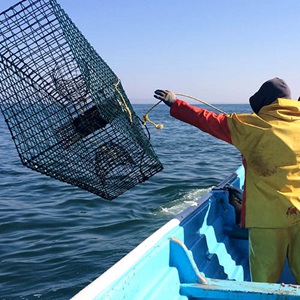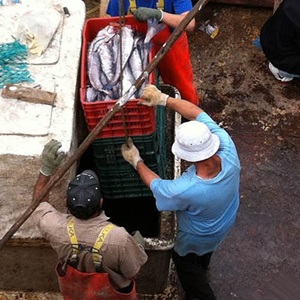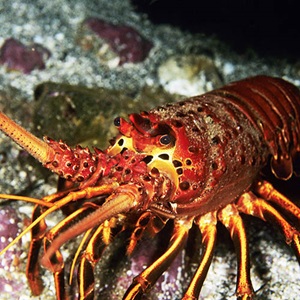A second grant to enable the octopus fishery to continue monitoring and better understand its operational effects on the ecosystem.
- Improve understanding of stock status
- ID octopus and crab bait species
- Promote good practice and management measures in the fishing community
Start date: April 2024
$61,407 USD
Transition Assistance Fund
Awardee
Comunidad y Biodiversidad (COBI)
Fishery
Red and Common Octopus Fishery, Yucatán Peninsula, Mexico
Progressing towards certification
The Yucatán octopus fishery was granted its first Transition Assistance Fund award in 2022, and has made significant progress towards entering assessment to the MSC Fisheries Standard. This 2023-24 funding will allow it to continue moving towards its sustainability goals.
Supported by marine conservation and fisheries management group Comunidad y Biodiversidad (COBI), the fishery has been in a fishery improvement project (FIP) since 2019. The FIP has grown rapidly in recent years, with 14% of the fishery now participating.
The Yucatán fishery is the most important octopus fishery in Mexico and one of the largest worldwide, supporting more than fifteen thousand jobs. Fishing takes place around the Yucatán Peninsula and the fishery is comprised of some medium-sized but mainly smaller, artisanal vessels.
“This funding comes at a pivotal moment for our ongoing project, it serves to reinforce our past achievements and will enable us to develop tools towards a more sustainable fishery.”
Comunidad y Biodiversidad (COBI)
What the project will do
Through collaboration with local government, octopus specialists and scientists at IMIPAS and CONAPESCA (Institute of and Commission for National Fisheries and Aquaculture), the fishery will continue monitoring octopus catch, and work on correctly identifying octopus and bait species.
Harvesting octopus generates a big demand for crabs as bait. The Transition Assistance Fund grant will enable the fishery to monitor the different species of crab used and carry out genetic testing to make sure bait does not include endangered species.
The project will also help increase understanding of how sourcing and importing different crab species impacts the local ecosystem. This knowledge will enable the development of a strategy for sustainable bait use.
Related projects

Yucatan Octopus: Promoting best practice (2022)

Mexican barred sand bass: Supporting fishing cooperatives

Gulf of California hake: Improving sustainability and management


